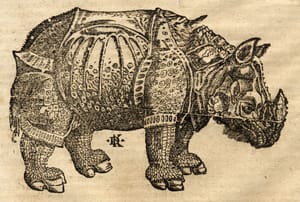Further to notes about NetGen, Fintan O’Toole’s wonderful remarks on public libraries, and networking and the Obama campaign, here is Fintan O’Toole on generations, networks, and the election.
Thirdly, and closely related to this change, is the cultural impact of the internet. The fears expressed about the internet even a decade ago were that it would create a culturally atomised society, in which everyone could choose to connect only to people like themselves with the same narrow range of obsessions. Obama’s campaign showed, more profoundly than ever before, the capacity of the technology for creating a sense of common purpose.
This is not just about the obvious ways in which the campaign used the internet for brilliant propaganda (winning the You Tube wars hands down) and to create a crucial advantage in fundraising.
It is much more profoundly that the very habit of using the technology seems to have created a new kind of engagement with public space. It is striking, for example, that the internet generation in the US, which was supposedly going to be atomised and individualistic, is far more inclined to want larger government doing more things than those who are older.
Even among white evangelicals, this split is obvious – those under 35 are twice as likely to want “big government” as those over 35. It would be wrong to see all of this as a mere result of the internet, but there is clearly a complex change under way in which the very idea of the net – personal connection to a larger whole – has been a key part. [Election result reflects a cultural shift from brawn to brain – The Irish Times – Sat, Nov 08, 2008]



